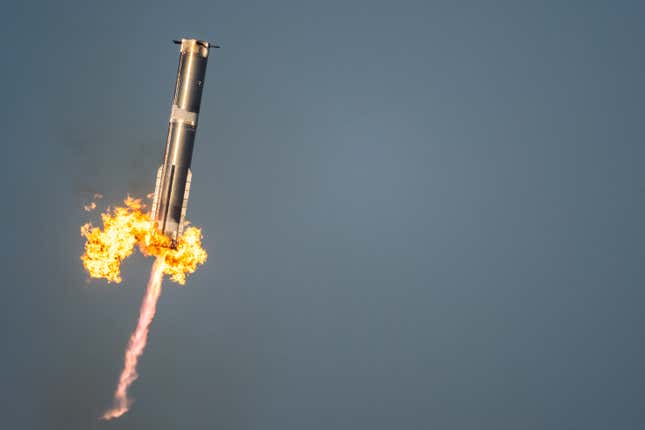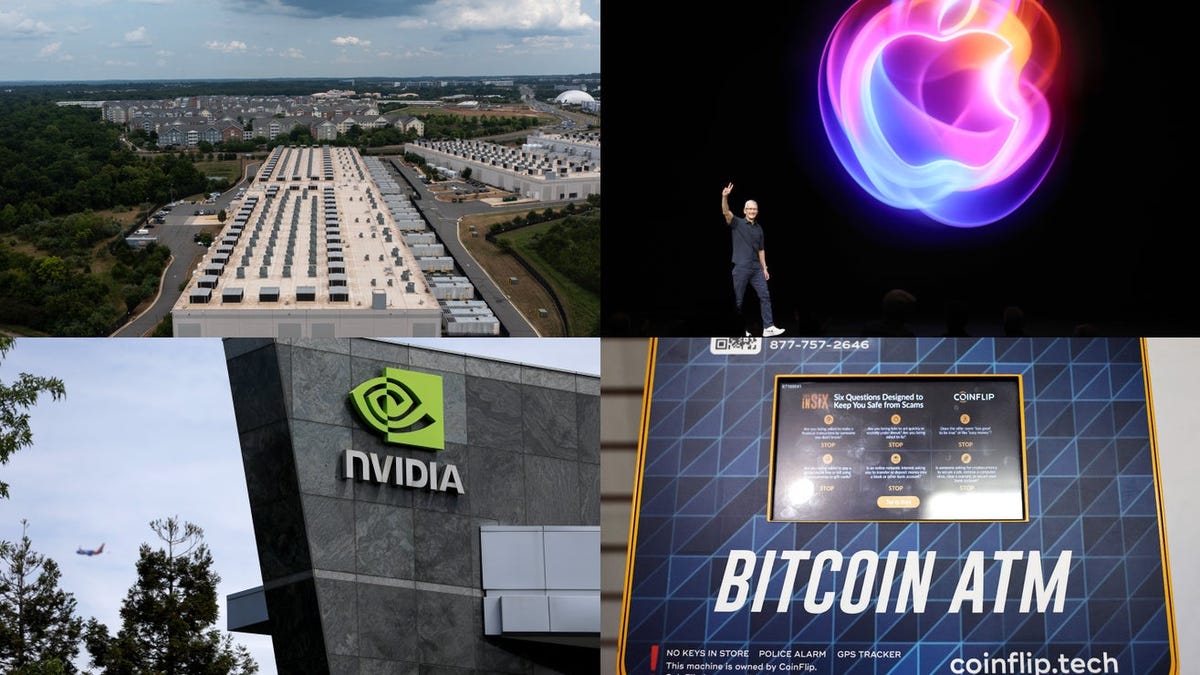
Nvidia can't be stopped, Apple falls behind, and the AI data center race: Tech news roundup
作者:Quartz Staff

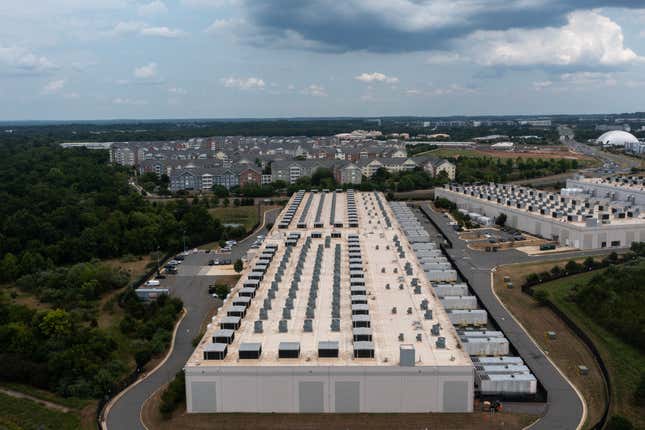
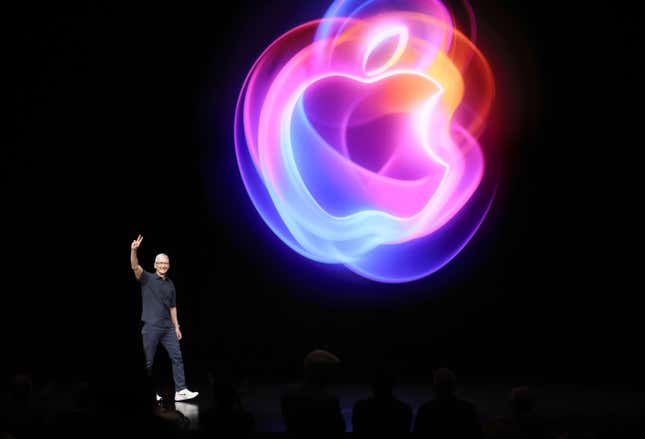
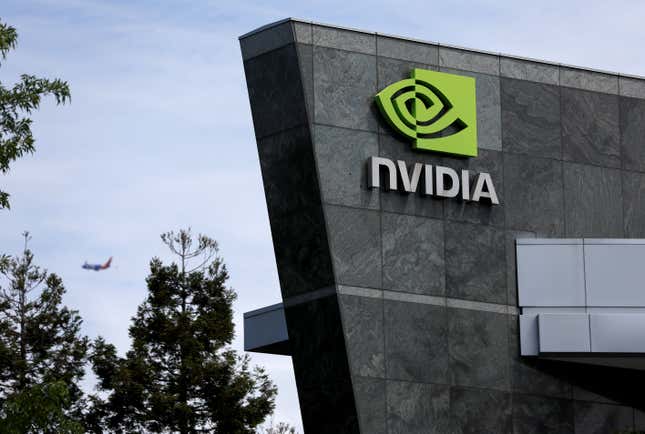
Nvidia (NVDA) continues to go beyond expectations — even if things are a little more complicated this time around. Its strong first-quarter headline numbers show that Nvidia’s AI thesis is as strong as ever and that its margins remain elite, despite facing significant headwinds due to U.S. export restrictions on its H20 processors to China and other geopolitical concerns.
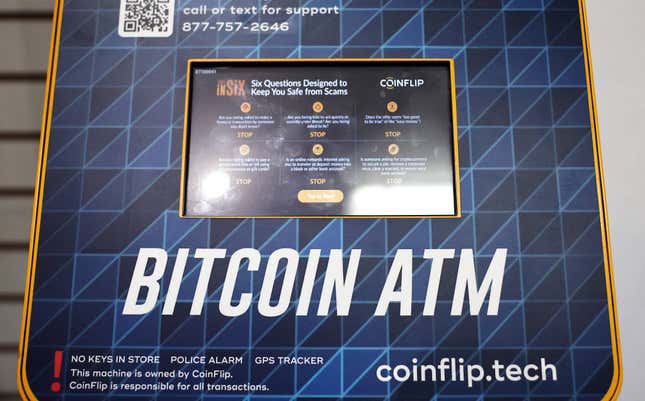
A new study from Google Researchers is raising questions about whether quantum computing will hamper your ability to keep your crypto wallet secure.
Google’s (GOOGL) Craig Gidney, a quantum research scientist, and Sophie Schmieg, a senior staff cryptography engineer, published a blog post on Friday showing a quantum computer could potentially break RSA encryption — the public-key encryption algorithm used to secure data such as for cryptocurrencies — with 20 times fewer quantum resources than they previously believed.

Anthropic’s CEO Dario Amodei has issued a stark warning: Artificial intelligence could eliminate up to half of all entry-level white-collar jobs, pushing U.S. unemployment to 10–20% within the next one to five years.
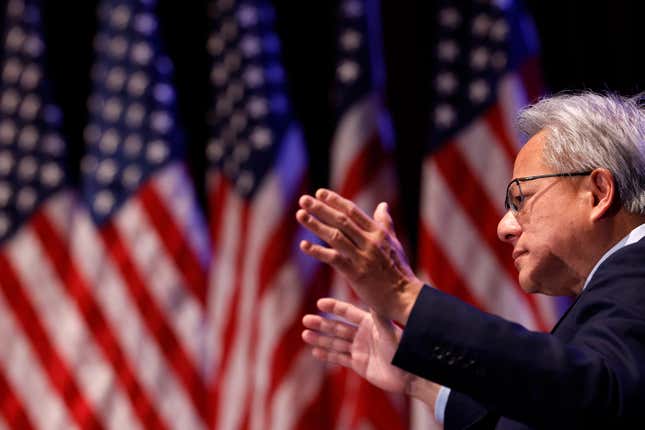
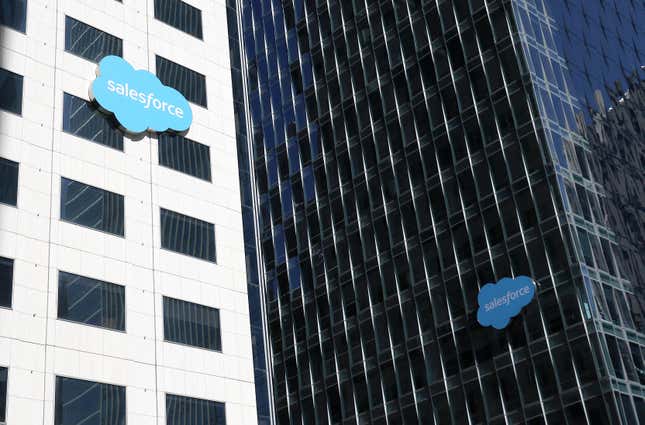
Salesforce said Tuesday it will acquire the cloud data management company Informatica for $8 billion in equity value as it seeks to further compete in the global artificial intelligence race.
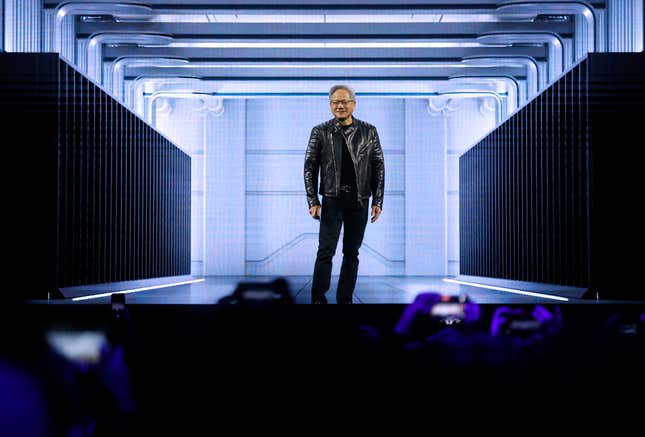
Most companies can’t shrug off an $8 billion loss. Then again, most companies aren’t Nvidia (NVDA).
On Wednesday’s first-quarter earnings call, Wall Street zeroed in on Nvidia’s obvious weak spot: China. Thanks to U.S. export restrictions, Nvidia’s custom-built H20 chips, designed to skirt earlier rules, have essentially been made worthless. Nvidia CFO Colette Kress confirmed the damage: “Had the export controls not occurred, we would have had orders of about $8 billion for H20” in the quarter.
